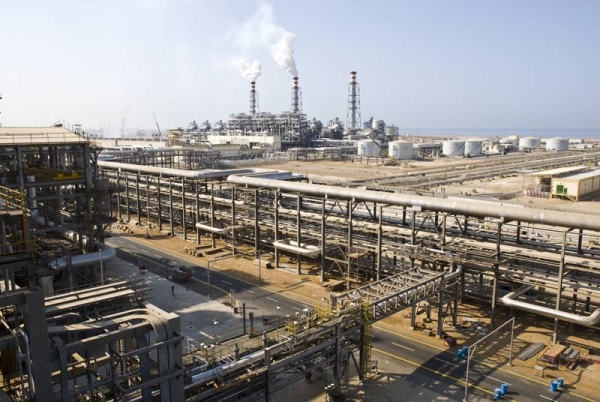The industrial sector in Saudi Arabia has seen significant growth since the launch of Vision 2030, with the number of industrial facilities increasing by 60 percent, reaching 11,549 in 2023 from 7,206 in 2016. This growth is attributed to the Kingdom’s dedication to achieving the goals of Vision 2030, which aims to diversify the economy, create a sustainable future, and establish Saudi Arabia as a global industrial power. The National Industrial Strategy, introduced by Crown Prince Mohammed bin Salman in October 2022, is expected to drive further growth in the sector, with the goal of reaching approximately 36,000 factories by 2035.
The National Industrial Development and Logistics Program (NIDLP) is spearheading efforts to propel Saudi Arabia into a new era of economic diversification and sustainable development. Industrial facilities throughout the Kingdom play a crucial role in advancing the Vision 2030 agenda, with Riyadh leading the list of administrative regions with 4,502 factories, followed by the Eastern Province with 2,618 factories and the Makkah region with 2,209 factories. Other regions such as Al-Qassim, Madinah, Asir, Jazan, Hail, Tabuk, Al-Jouf, Najran, and the Northern Borders Region also host a significant number of industrial facilities, contributing to the overall growth of the sector.
The Ministry of Industry and Mineral Resources reported a 10 percent increase in the number of existing factories, reaching 11,549 in 2023 with total investments estimated at about SR1.5 trillion ($400 billion). The issuance of industrial licenses also saw an increase, with 1,379 licenses issued last year with investments exceeding SR81 billion ($21.6 billion). Additionally, production commenced in 1,058 factories in 2023 with investments totaling SR45 billion ($12 billion). These investments are crucial for the growth and expansion of the industrial sector in Saudi Arabia, creating job opportunities and driving economic development.
Since the launch of the NIDLP in 2019, Saudi Arabia has emerged as a key player in the energy, mining, industry, and logistics sectors. The rapid growth of these sectors has led to economic diversification, job creation, and a sustainable future for the country’s youth. The program aims to position Saudi Arabia as a global logistics center with high efficiency, quality, and speed, leveraging the country’s strategic location as a meeting point between three continents. With abundant natural resources in mining and energy, Saudi Arabia is well-equipped to become an industrial hub and a leader in logistics on the global stage.
In conclusion, the industrial sector in Saudi Arabia has experienced significant growth in recent years, driven by the ambitious goals of Vision 2030 and the implementation of the National Industrial Strategy. The increase in the number of industrial facilities, investments, and production highlights the Kingdom’s commitment to economic diversification and sustainable development. With ongoing efforts to expand the industrial sector and create job opportunities, Saudi Arabia is poised to become a global industrial power and a leader in the logistics industry. This growth is a testament to the Kingdom’s vision for a prosperous and sustainable future for its citizens and the global community.











